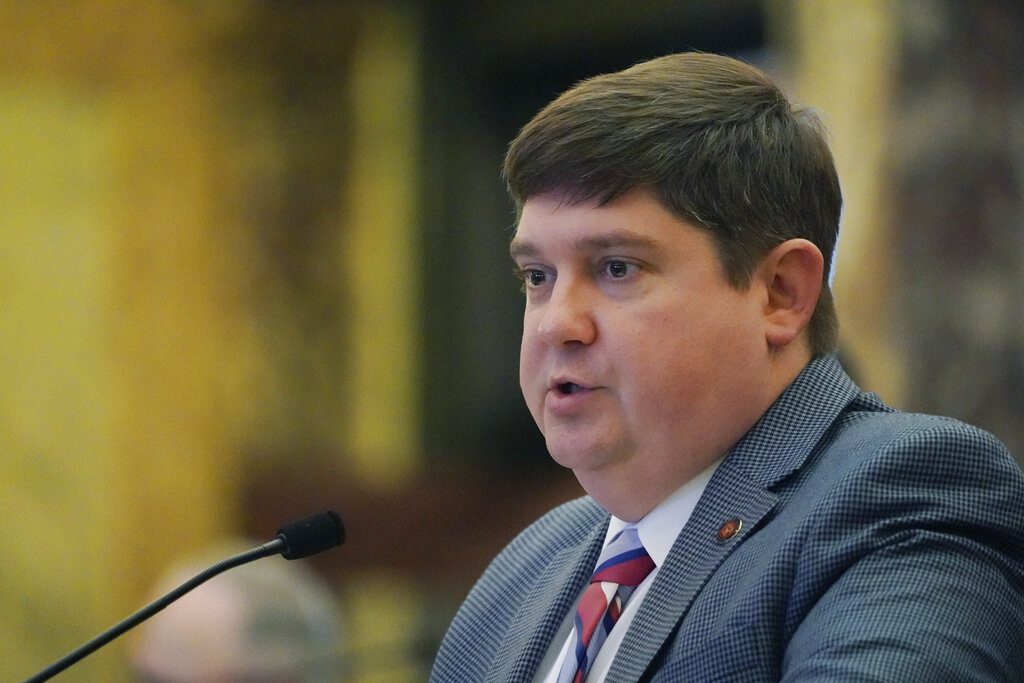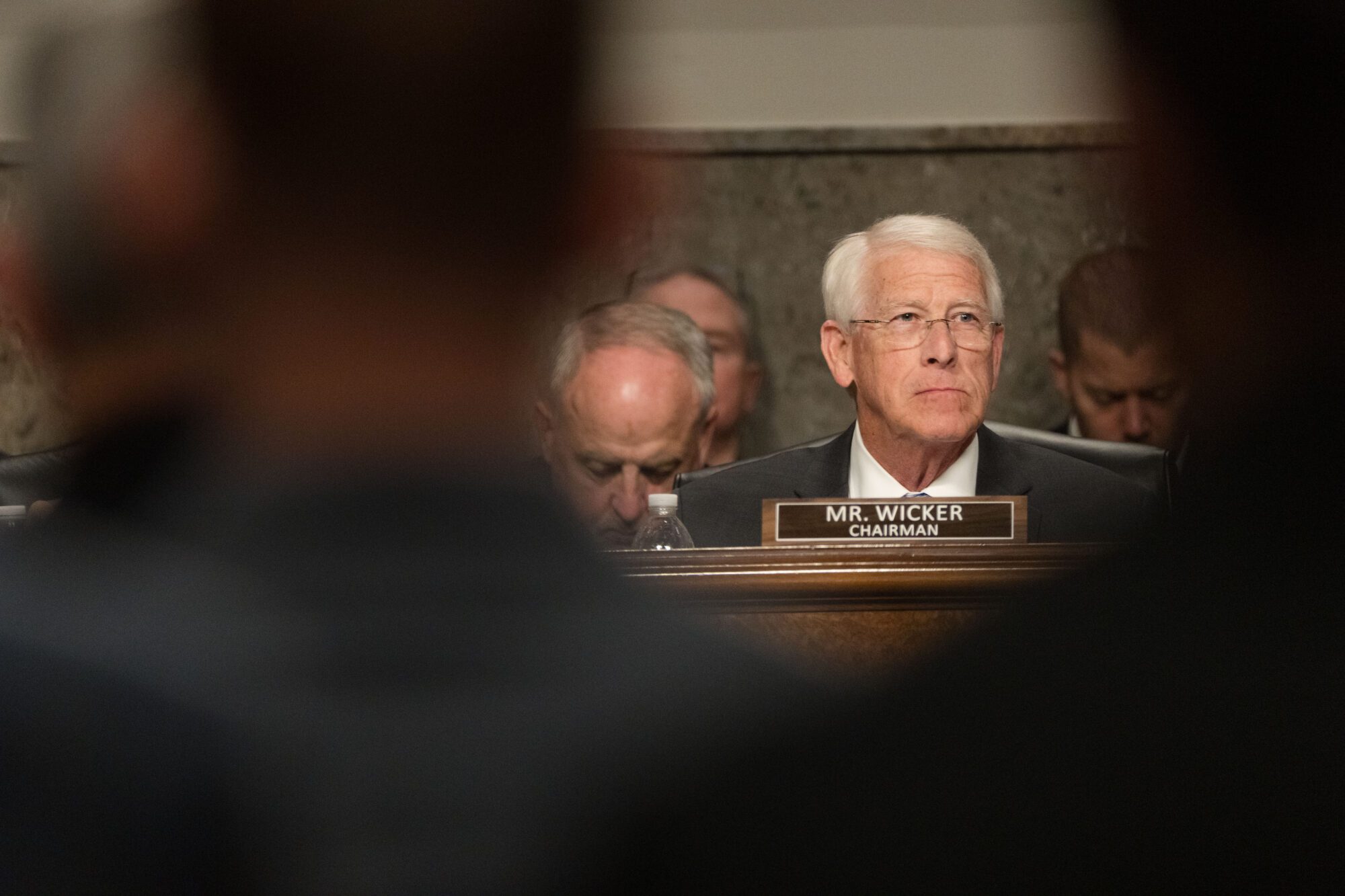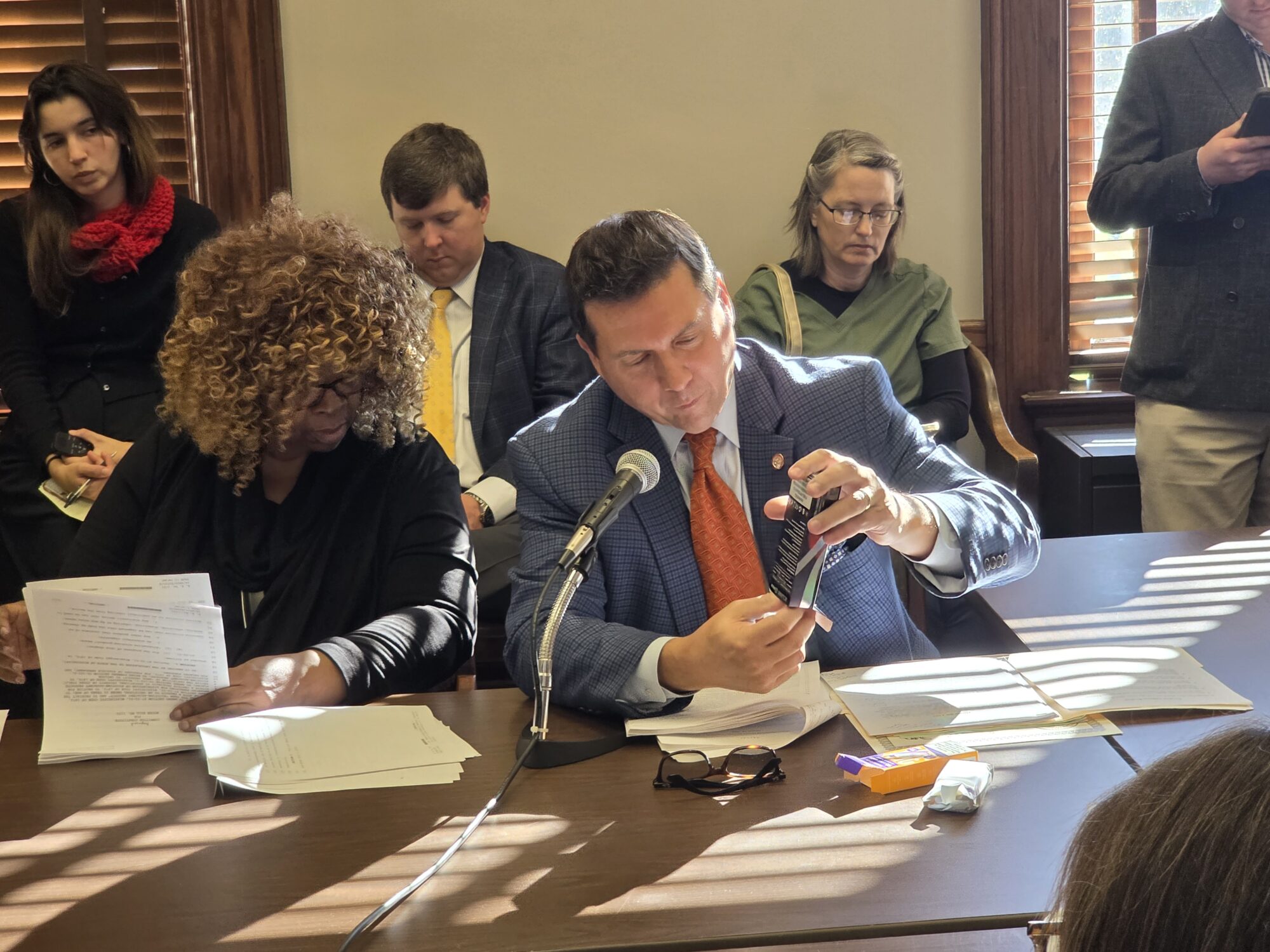
Eight years ago when conservatives took the gavel, school choice was a platform issue in the legislative Republican caucus. It remains so on the national level under President Donald Trump.
But now the Senate and House education chairmen in the Mississippi Legislature seem to be getting weak-kneed on this Republican tenet in favor of getting along with a public school lobby.
"It (the ESA Lottery) is like a carrot that's being dangled in our faces." See the message these #Waitlisted moms have for legislators this week. #msleg pic.twitter.com/SWZ6mUyA7M
— Empower Mississippi (@EmpowerMS) March 21, 2019
As of late, it appears the Mississippi Legislature is starting to try and curry favor with The Parents Campaign.
First, it was the $1,000 teacher pay raise where The Parents Campaign executive director and lobbyist Nancy Loome stood shoulder to shoulder for a photo op with state leaders.
Nevermind that just last year teachers were calling for a strike after the legislature “only” passed a $1,500 teacher pay raise.
Now, The Parents Campaign’s fight against special needs children and their families is being given an ear by Senate and House Education leaders who are likely to undercut the Education Scholarship Account program to such a degree that will force a portion of the nearly 700 students with disabilities out, leaving their families in limbo for educational options that are either non-existent in public schools or inadequate for their unique needs.
The Parents Campaign is an active lobby around the Capitol and has not until recently shown any interest in working with Republicans. Their lobby against special needs students and the school choice ESAs provide for families remains in stark contrast to Republican priorities, yet it is Loome who is wielding sway in a body where with conservative supermajorities most would not fathom.
Voucher proponents claim ESA vouchers help students in low-wealth families. NOT SO. Their voucher program stacks the deck against the very students they claim to help. #msleg #msedu pic.twitter.com/xRIrXw9T96
— The Parents’ Campaign (@ParentsCampaign) February 26, 2020
The ESA program is up for extension. Parents primarily use ESA funds for private tuition, but also use funds for therapy, tutoring, specialized equipment, and other qualified expenses.
Two bills filed in the House by Republicans would merely extend the current program: HB 1263 filed by Rep. Jerry Turner deletes the repealer and HB 1272 filed by Rep. Carolyn Crawford adds five years to the program.
These appear unlikely to move forward given House Education Chairman Richard Bennett’s well-known distaste for ESAs and voucher programs. Bennett has not been receptive to school choice as House Education chair.
SB 2594, authored by Senate Education Chairman Dennis Debar, could be the only option left for these children and their families. It was passed out of Committee last week with substitute language that would extend the program but with significant changes that will negatively affect families of special needs children.

“This legislation allows children who have special needs to continue receiving critical services at a school which has a program addressing those needs,” Lt. Governor Delbert Hosemann told Y’all Politics. “It also adds accountability for taxpayer dollars. Providing children with these services is a moral, ethical, and legal obligation. I also support increasing funding for our public school special education services.”
While the substitute is more advantageous for special needs families than the original draft, it still causes significant concern for those currently in the program and those who would benefit from being in the program at a later date.
The language in the Committee substitute negatively impacts the ESA program by:
- Making approximately 20% of the private schools currently serving special needs students ineligible.
- Prohibiting the funding of tuition for online education programs which some families are using.
- Restricting ESA funds from being used across state lines, meaning special needs students attending schools in Memphis or Mobile who live just across the state line will lose that option.
- Mandates a testing requirement for private schools which will likely cause some schools to decline to participate, further limiting options for families.
SB 2594 takes big step toward fixing major problems with MS’s ESA vouchers. Requires private voucher schools to provide SPED services per the student’s IEP. Needs 1 more fix: remove online school provision–a giant loophole. Read more: https://t.co/sBM7NiJo4V #msleg #msedu
— The Parents’ Campaign (@ParentsCampaign) February 20, 2020
“An eligible school under this language includes all schools which have services addressing some facet of a student’s special needs, disability, or Individualized Education Plan, which is what the ESA program was intended to do,” Hosemann said. “I am grateful to members in the Senate Education and Appropriations Committees for taking the lead on this important issue and major priority for me.”
While legislative education leaders appear to be taking cues from the Nancy Loome’s of the Twitterverse, conservative thought leaders across the state are calling this “bad policy.”
The Mississippi Center for Public Policy, a conservative think tank, is opposing this bill, saying SB 2594 “would kick hundreds of families out of the small program and likely derail it to the point that it can never grow and only serve a few students in a public school-lite setting.”
That is exactly what The Parents Campaign’s goal is now and has been since the inception of the program. Loome called the ESAs a “cronyism-inspired system” in 2015 and has used The Parents Campaign to crusade against its extension ever since.
It would appear Republicans in the Legislature are about to kowtow to Loome, who is punching well above her weight, to dismantle a program aimed solely at providing families with children with disabilities an opportunity to acquire better educational services than what is offered only in their zip code.
This would mean a monumental step back from the conservative principle that parents are better suited to choose what is best for their children, especially those with special needs, while dismissing the notion that parents should have the freedom to find a school that will accommodate their children’s educational needs.
No matter how you slice this apple, this vote on ESAs could give the left-leaning lobbyists a major win by rolling back the program unless Republicans in both chambers push back on the floor and stand firm behind their party’s platform.











